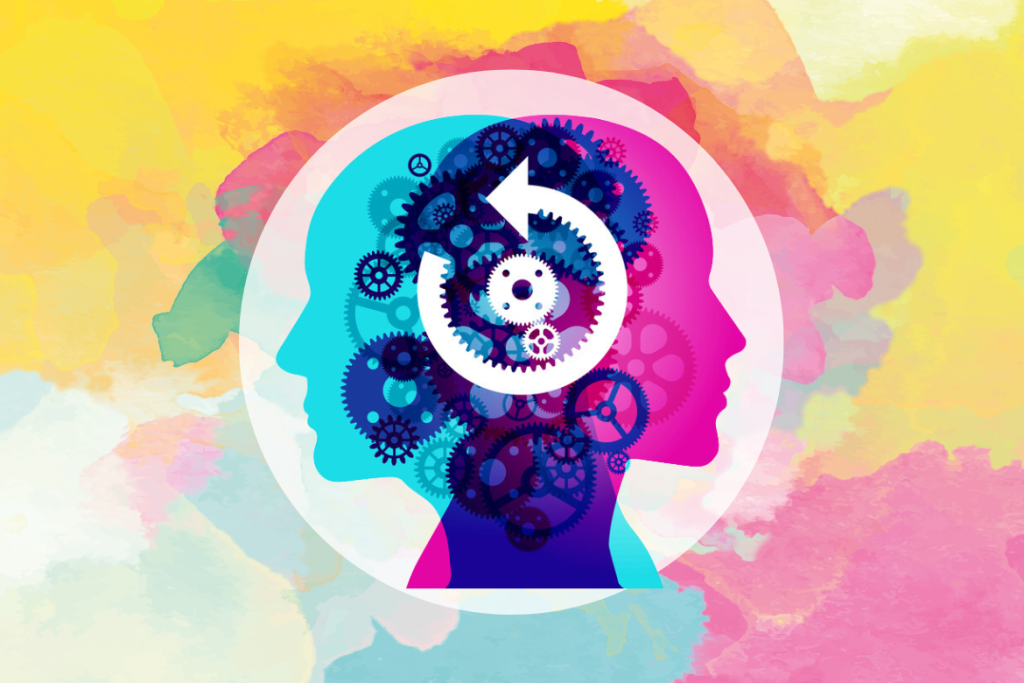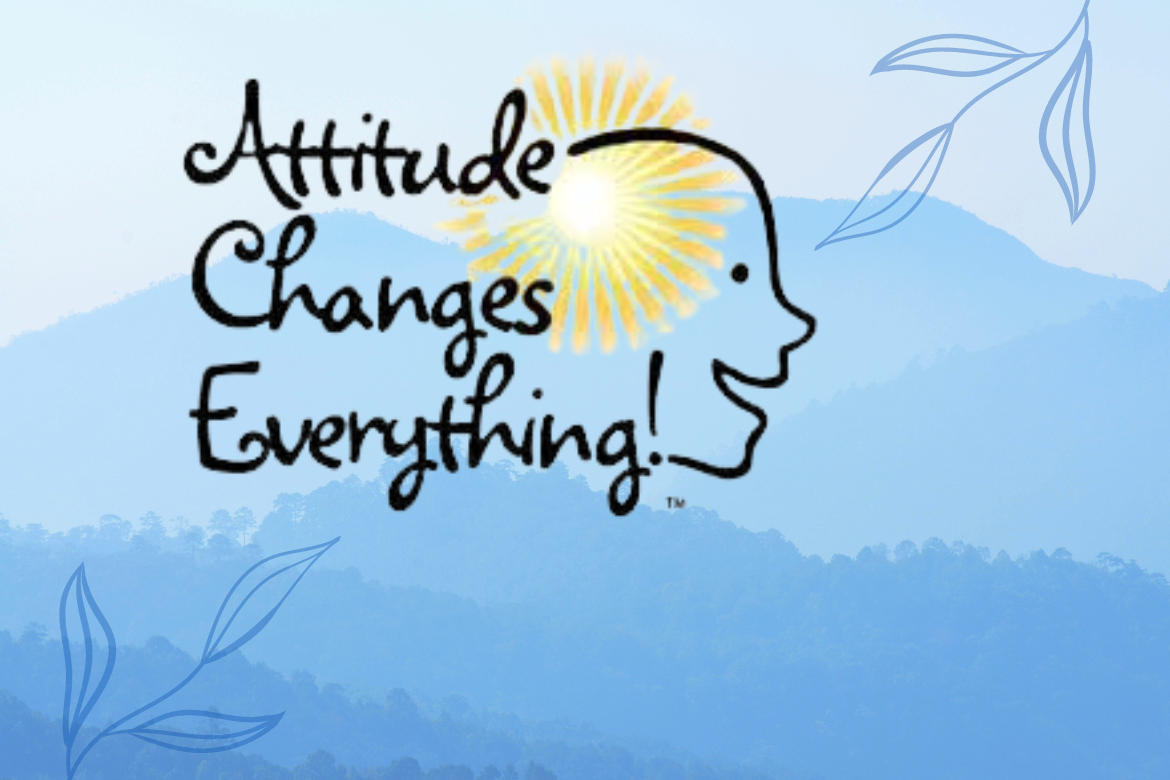Behavioral Adaptation requires interrelationships of information, proper communication, and education to modify human attitudes into human behavior. The process of change in human attitude and behavior is through education. Education is the process by which we can change our human attitudes, manners, and behavior. Education can be formal and informal, general education, or specialized education.
But whatever may be the nature and scope of education, it has to pass certain stages to achieve the objective goal. In the initial stage, the information stage can ensure that the relevant information is communicated enough to motivate people substantially to such an extent that the persons concerned are ready to go for the stage of action and practice. Read more
- Positive acts of Human behavior for Behavioral Adaptation
- Human Behavior genetics
- Human Behavioral Assessment
- Human Behavioral Ecology for Behavioral Adaptation
- Behavioral Medicine in Behavioral Adaptation
- Pro-social Behavior in Behavioral Adaptation
- Behavior Therapy or Behavior Modification
- Behaviorism
- Behavior and Lifestyle as Cause for Concern and Disease
- Outcome Of Drugs in Behavioral Adaptation
- Evaluation
Positive acts of Human behavior for Behavioral Adaptation
Since Human behavior refers to positive acts arising out of decisions taken by the individual, the behavior, particularly the acquired behavior of an individual, can change only when he decides to change it. This is very often seen in health behavior. So a decision is significant in the process of changes in human behavior.
A decision is a commitment to do a thing, something, or anything either at present or in the future. The decisions taken in phases are known as a decision-making process. In the pre-decisional phase, the individual makes an assessment and compares the pros and cons of the recommended behavior. In the decisional phase, the individual feels that the course of action is beneficial to him. So he takes prompt action. In the post-decisional phase, the individual just follows up on the course of his action and evaluates to justify his action, whether to continue or postpone. In this way, the individual makes up his mind to adjust to the situation.
Human Behavior genetics
Human Behavior genetics is the study of how an individual’s genetic constitution contributes to the determination of behavior.
Human Behavioral Assessment
Human Behavioral assessment is the approach to the study of personality, based on the direct observation of behavior and conditions under which certain behavior occurs.
Human Behavioral Ecology for Behavioral Adaptation
Human Behavioral ecology is the study of how all kinds of behavior may relate to the environment. Learn more.
Behavioral Medicine in Behavioral Adaptation
Behavioral medicine is a psychological treatment designed to help people cope with physical health problems. It makes us more aware, more understanding, and more capable of coping with a sense of values to overcome and control physical health problems.
Pro-social Behavior in Behavioral Adaptation
Pro-social behavior is a kind of social behavior, which benefits another person by sharing cooperation and altruism.
Behavior Therapy or Behavior Modification
These are special methods developed to alleviate psychological disorders, which mainly focus on changing behavioral problems with special techniques. These techniques help us to identify the behavior that needs to be changed. It also helps us to detect or identify the kind of stimuli, which triggers unacceptable behavior in the community or society.
Behaviorism
Behaviorism is the view that human and animal behavior can be understood, predicated, and controlled without recourse to explanations involving mental states. It is a school of psychology insisting that psychology be restricted to the study of behavior.
Behavior and Lifestyle as Cause for Concern and Disease
Human behavior is increasingly counted as a risk factor in modern-day diseases. Such diseases are- coronary heart disease, cancer, obesity, accidents, etc. The behavioral factors, therefore, have attracted the greatest attention of the world population. The medical practitioner often encounters situations in which a patient’s health is adversely affected by his or her behavior.
Behavior as a cause of disease is a concept, which is self-explanatory. It simply indicates that the man’s behavior may at times, either become a cause or it simply aggravates the disease process. We know for sure that a disease is caused by the interactions of agents, hosts, and the environment. Therefore, no single factor is to be blamed nowadays for a disease to occur. It is the multiple factors or etiology that can cause a disease to occur in the human body. These factors must have their origin in the way people live and behave in society.
The disease prevalence depends on the interaction of biological and social characteristics in individuals. The multiple factors are many of which the biological character, social character, the man’s demographic character, socio-economic conditions, e.g. social status, marital status, ethnic background, occupation, personal habits, lifestyle, food habits, the habit of smoking, drug dependence, drug addiction, promiscuity, race, religion, social customs, concepts about sanitation and hygiene, and psychological factors.
All these come to play a great role in causing a disease. Certain diseases are directly related to risk factors such as smoking causes lung cancer, early promiscuity results in cervical cancer, and other sexually transmitted diseases, including the dreadful disease AIDS, overeating leads to obesity, high cholesterol diet, and sedentary work leads to hypertensive and coronary heart disease.

Outcome Of Drugs in Behavioral Adaptation
Drug abuse and addiction resulting from behavioral abnormality have increased mortality and morbidity in many places of the world. Psychological factors such as anxiety, tension, worries undue concern, and other abnormal behavioral patterns are nowadays either causing or attributing to diseases that occur in the human body. The transmigration, emigration, frequent human movement, and other religious congregations all are associated with an extra burden of human activities and are directly concerned with the transmission of new kinds of infections, diseases, and accidents of many kinds.
It is a style of living individual life. It simply denotes the ways the people live or want to live in any particular area or geographical territory. It very much reflects people’s habits of living. Hence, lifestyle is the combination of factors of living with specific practices and environmental conditions, reflecting patterns of living.
Evaluation
Overall health hazards are interrelated with these factors. Those factors are held responsible for an individual’s illness and death. Preventive measures, lifestyle, life cycle, food habits, and other factors need to be changed for a peaceful life. In this case, knowledge about the factors can play a great role. Education is associated with changing the view and can help to mitigate the problems. It is to be noted that lifestyle is the way people live in any particular area or geographical territory.


